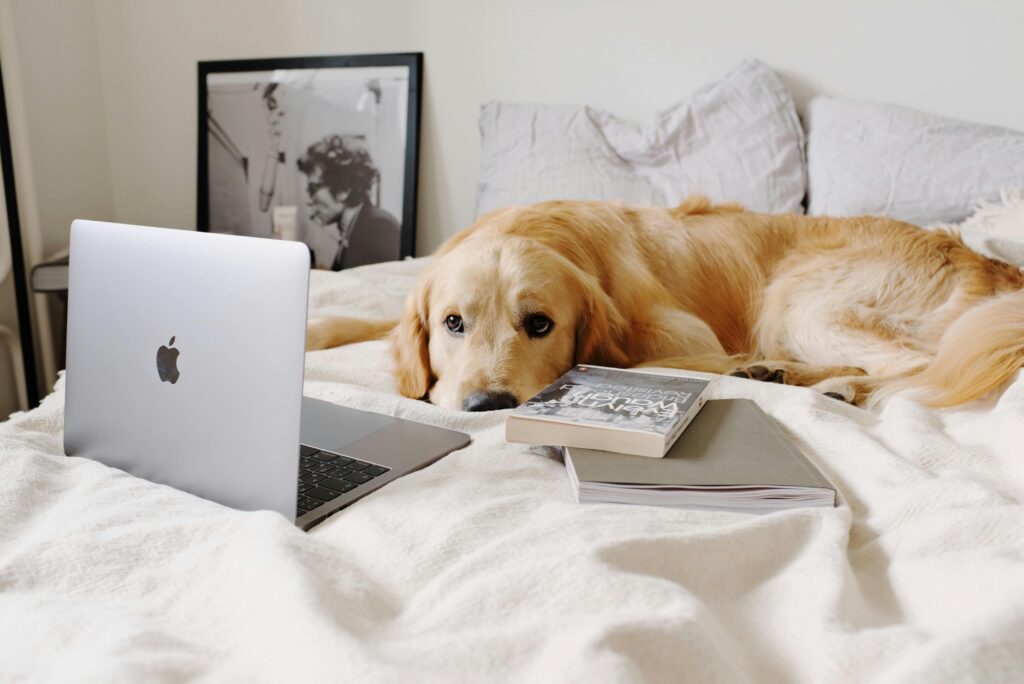
It can be frustrating and concerning when your senior dog starts urinating in the house after years of being well-trained. While this behavior can be confusing, it’s important to remember that aging dogs face various physical and mental changes that might lead to accidents indoors. Let’s explore some common causes and ways to manage the situation.
Common Causes of House Accidents in Senior Dogs
- Incontinence
As dogs age, they may lose some control over their bladder due to weakened muscles or hormonal changes. Incontinence can cause your dog to leak urine or have sudden accidents without being able to hold it in. - Cognitive Decline
Senior dogs can experience cognitive dysfunction syndrome (CDS), which is similar to dementia in humans. This can lead to confusion, memory loss, and changes in routine, causing them to forget where they are supposed to go to the bathroom. - Urinary Tract Infections (UTIs)
A urinary tract infection is a common cause of sudden accidents in senior dogs. UTIs can cause pain, discomfort, and an urgent need to urinate more frequently, leading to accidents indoors. - Kidney Disease or Diabetes
Chronic conditions like kidney disease or diabetes can lead to increased thirst and more frequent urination. If your dog is drinking more water than usual, this could be contributing to their indoor accidents. - Arthritis or Mobility Issues
If your senior dog has arthritis or other mobility problems, they may find it difficult to get outside in time to relieve themselves. Pain or stiffness can make them hesitate or be slower in moving to their usual bathroom spot.
How to Help Your Senior Dog
- Consult Your Vet: The first step is ruling out any medical conditions like UTIs, kidney issues, or diabetes. Your vet can provide a diagnosis and recommend appropriate treatment.
- Regular Bathroom Breaks: Take your senior dog outside more frequently, especially after meals and before bedtime, to prevent accidents indoors. Regular breaks can help manage incontinence or increased urination.
- Provide Indoor Bathroom Options: Consider setting up a designated potty area indoors using pee pads or a litter box for times when your dog can’t make it outside.
- Easy Access to Outdoors: Ensure that your dog has easy access to the yard or garden. Installing a doggy door or placing ramps and mats can help dogs with mobility issues.
- Medications or Supplements: If your dog suffers from incontinence, your vet may prescribe medication or recommend supplements to strengthen bladder control and reduce accidents.
Managing the Behavior with Patience
It’s important to approach these changes with patience and understanding. Punishing your dog for accidents can lead to stress and worsen the situation. Instead, focus on creating a supportive environment that accommodates their aging needs.
Conclusion
Senior dogs urinating in the house can be frustrating, but it’s often due to medical or age-related conditions. With the right care, regular vet check-ups, and some lifestyle adjustments, you can help your dog stay comfortable and avoid accidents. After all, your furry friend deserves compassion and comfort in their golden years.
